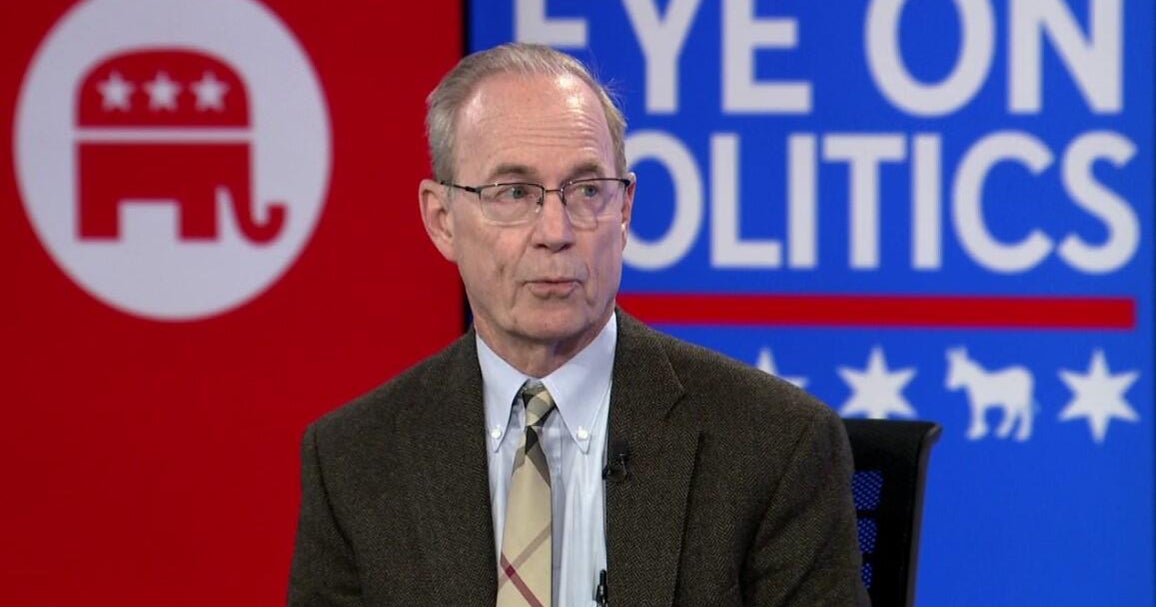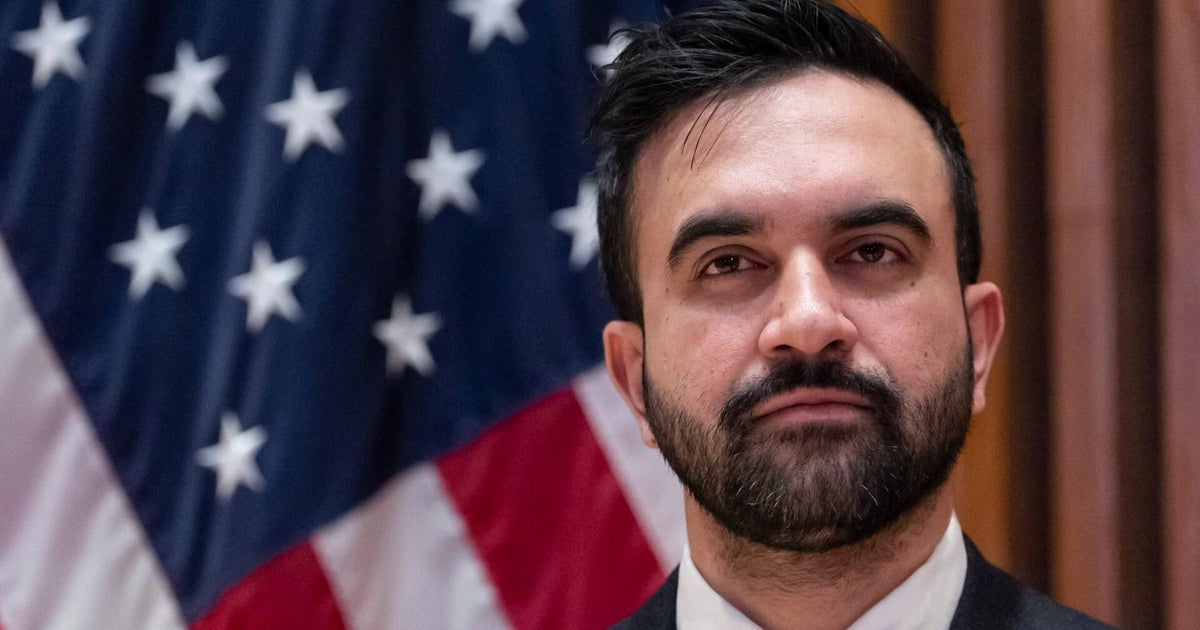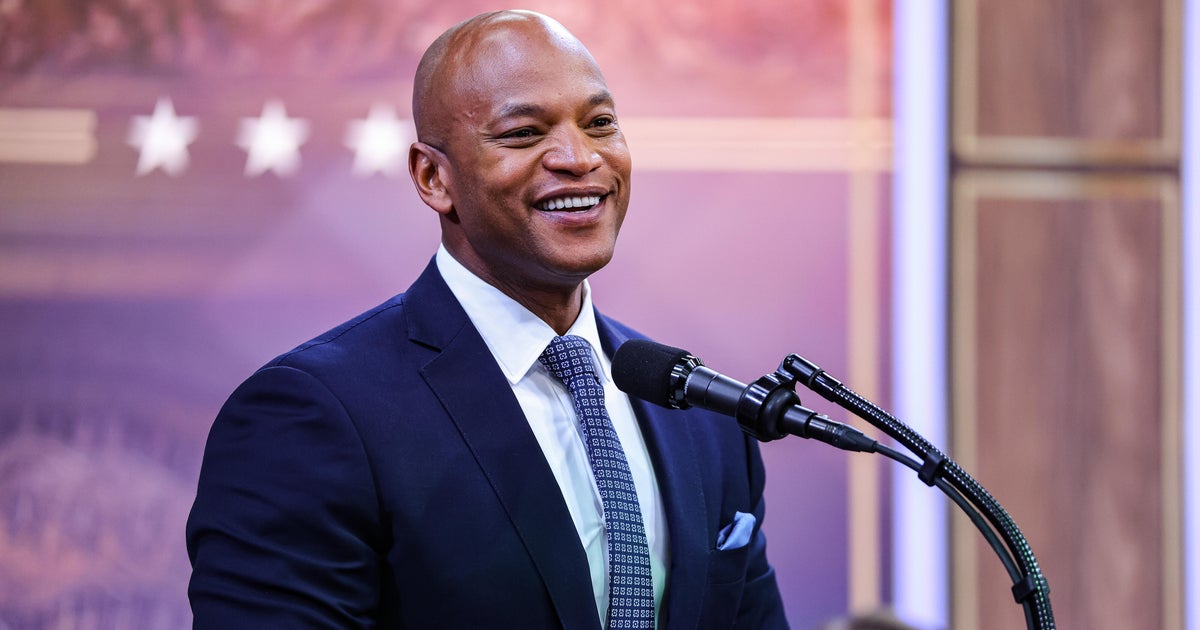Lawmakers Consider Casinos Across Texas
DALLAS (CBSDFW.COM) - Gamblers could get a better idea Wednesday if efforts to bring casino gaming to Texas will actually make it through the State Legislature. State Senator John Corona of Dallas is leading the push to allow voters the chance to decide whether or not they want casinos across the Lone Star State.
If casinos do end up being permitted, North Texas could come up big. A proposal calls for one casino in Dallas, another in Fort Worth and a third in San Antonio. The proposal also allows for 21 total casinos across the state, and would lead to the creation of a gambling commission. But it will take a constitutional amendment for this to happen. The proposed referendum would have to be approved by lawmakers and voters.
In addition to the limited number of casinos, three race tracks in North Texas, San Antonio and Houston would also be permitted to operate casinos and nine other tracks could apply for licenses.
Corona argues that Texas is losing a lot of money to nearby states that do permit casinos, like Oklahoma and Louisiana. But his opponents said that it would force Texans into debt. "Oklahoma is now the third largest generator of gaming revenue in the country, behind only Nevada and California. Well, let's face it," Corona said, "we all know where that money's coming from -- Texas into Oklahoma."
Texans spend about $3 billion each year in neighboring states, Corona said. Texas is just one of 10 states that still bans casino gambling.
"If you bring this type of enterprise into our, Austin, for example, San Antonio, you'll enable a group of folks that aren't exposed to it," argued Rob Kohler, a consultant for Christian Life Commission of Texas Baptist. Groups that oppose gambling say that it is harmful to the community, and that poor people often suffer the most.
Also Check Out:
- Kaufman County DA Mike McLelland And Wife Found Dead
- Victoria's Secret's New Lingerie Line Has Parents Outraged
- Homeowner Says 911 Hung Up On Them
- I-Team Investigates Identity Theft Targets In Texas
- Troopers Indicted After Roadside Cavity Search Of Two Women
MOST VIEWED GALLERIES
- PHOTOS: Your Pet Pictures
- PHOTOS: Dallas St. Patrick's Day Parade
- PHOTOS: Pope Francis I







